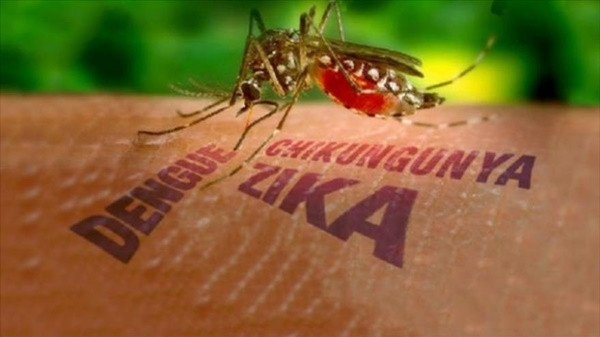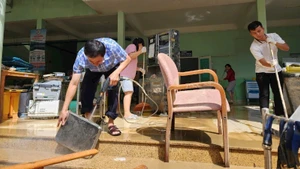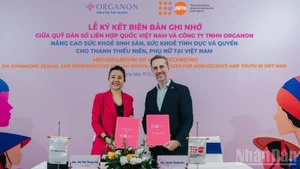The Preventive Medicine Department said on January 27 that Zika virus, transmitted to humans through Aedes mosquitoes which are also the main carriers of dengue fever, is spreading rapidly, especially in Latin America.
With the first case of Zika infection confirmed in Brazil in May 2015, the virus has circulated in 21 countries and territories in Latin America as of January 23, 2016.
The department explained that anyone who had not previously been exposed to the virus may become infected, because Aedes mosquitos are present in most Latin American nations.
Therefore, the department said, the World Health Organisation (WHO) in Latin America has warned that Zika virus will continue to spread to countries and territories in the region.
The Ministry of Heath has regularly contacted the WHO in Vietnam to learn about the development of the virus and countermeasures while instructing epidemic prevention institutions to keep a close watch on the domestic situation.
The ministry warned people travelling from Zika-striken countries that they should keep an eye on their health in the first 14 days after arrival to Vietnam. They should go to the nearest medical facility when they begin to experience fever symptoms.
It is also recommended that people use mosquito chemical repellent and securely cover all containers of water to prevent mosquitoes from entering them and laying eggs.
According to the WHO, Zika can be transmitted through blood, but is not common. Standard precautions that are already in place for ensuring safe blood donations and transfusions should be followed.
Evidence on mother-to-child transmission of Zika during pregnancy or childbirth is also limited. Research is currently underway to generate more evidence regarding perinatal transmission and to better understand how the virus affects babies. There is currently no evidence that Zika can be transmitted to babies through breast milk.
















